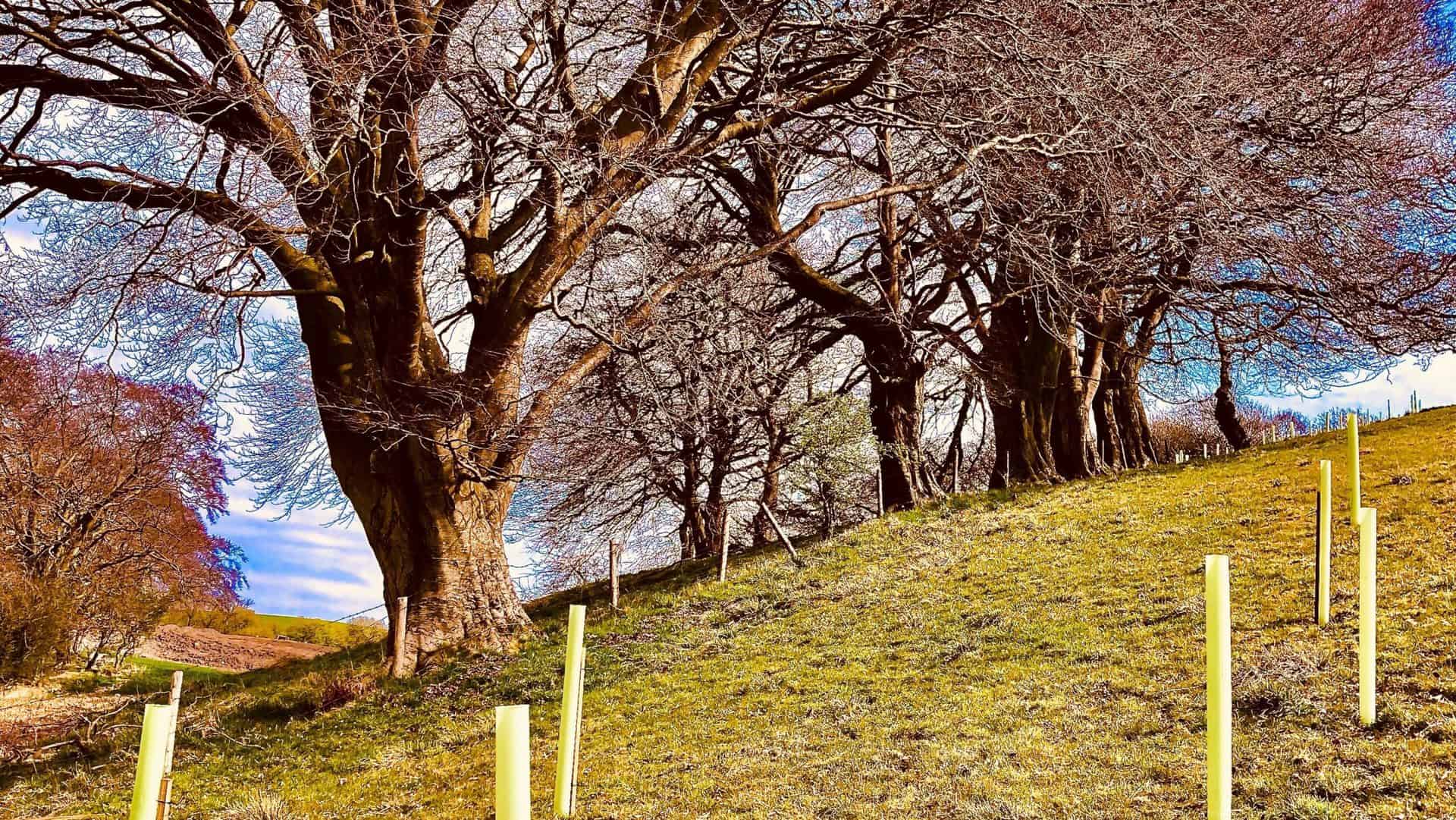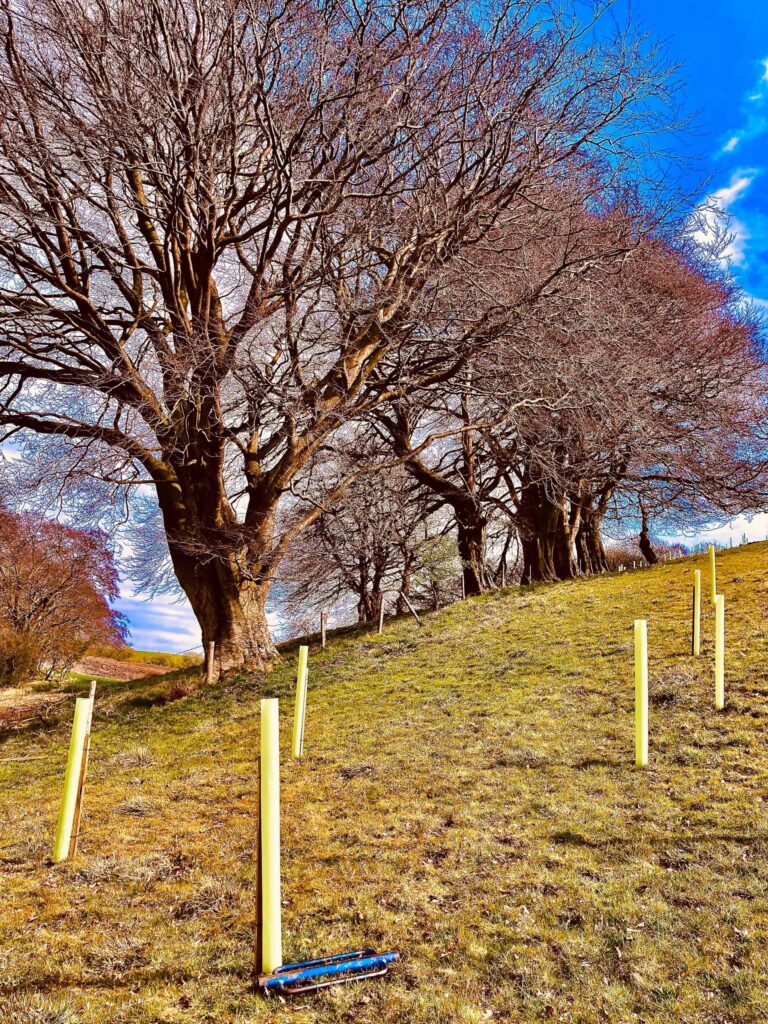Our mental and physical health have never been more important, with many of us still feeling the mental, as well as physical, impacts of the Covid-19 pandemic.

Figures from the Office for National Statistics show that almost 21% of adults were experiencing depression when surveyed in 2021. This is almost double the pre-pandemic figure. Almost 85% of these people felt, in particular, stressed and anxious.
The good news is that research has shown that rivers, trees, woodlands, and wildlife can all boost our mental wellbeing. We all know that looking at a beautiful view, or soaking up the sunshine can improve our mood. However, our connection to nature may go much further than that.
Research from the Mental Health Foundation shows that nature is an “important need for many and vital in keeping us emotionally, psychologically and physically healthy”
The mood boosting effects of nature

Recent studies have shown that those of us who live in greener areas, specifically those with good tree cover or woodlands close by, have fewer signs of anxiety and depression. This applies to all communities, from small villages, to built up inner city areas. Additionally, rivers and woodlands have been shown to improve our mood, reduce blood pressure and heart rate, improve attention spans, and help us to be more resilient to stress.
It’s not completely clear why rivers, trees, woodlands, and wildlife affect us like this. Some reasons are clearer than others; after all who doesn’t love a frosty walk through crisp autumnal leaves, the cool of a river on a hot summer day, or the sight of an unexpected blackbird crossing our path.
Other theories are more complex. Some studies show that humans benefit from the sensory relief trees offers in built up areas of tarmac and concrete. Forestry England data shows that walking amongst trees may even boost the immune system. Mainly through breathing in phytoncides, an organic compound emitted by trees that protects them from germs and insects.
Although the science is important, it’s also important to be kind to ourselves and look after our wellbeing.
Immerse yourself in nature
Research suggests that just a short time spent enjoying woodlands each week is enough to boost your mood. You can easily incorporate nature into your day to day life. Walking, running, and cycling are all great ways to enjoy our rivers, woodlands and forests. Ribble Life Together, our National Lottery Heritage Funded project, has enabled us to create a series of circular walks, many of which incorporate visits to Ribble Rivers Trust’s habitats schemes; why not try one this weekend.
Even simple changes like looking for woodlands or green spaces to exercise your dog, spending your lunch break walking in your local park, or putting time aside to explore the outdoors on the school run can make a difference.
Maybe you could try forest bathing, or shunrin yoku. This is a Japanese relaxation method which simply involves spending time quietly sitting or standing in woodlands. Turn off your devices, find a quiet spot to stop, and simply relax, breathe deeply, and observe your surroundings.
Our work for woodlands
Ribble Trust have planted trees for over 20 years and have long recognised the link between mental health and nature. From helping to reduce flood risk, to capturing carbon, to creating habitats for insects, fish, birds, and mammals. In the last 20 years we have planted over 150,000 trees, with the majority of these going in the ground in the last few years.
To make sure that these benefits are available to everyone our Lancashire Woodland Connect campaign will be adding to the areas of woodland that you can enjoy. Over the next 10 years we will be planting over half a million trees across Lancashire, making the county a greener, cleaner place for people and wildlife. The tree planting sites will be planned with a particular focus on the communities who may not already have access to green spaces, have lower levels of tree cover, and less opportunities for outdoor recreation.

